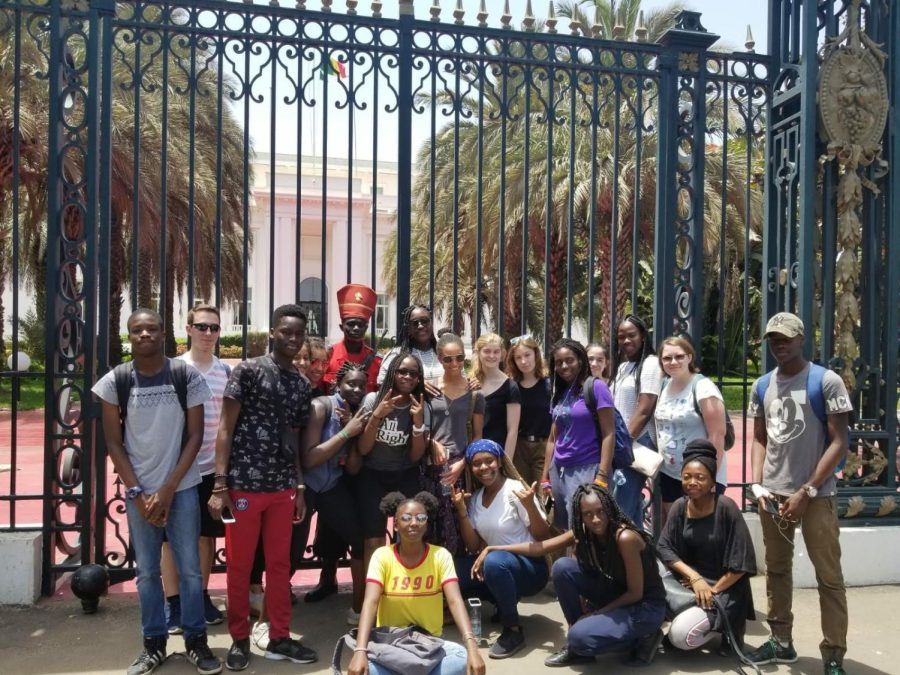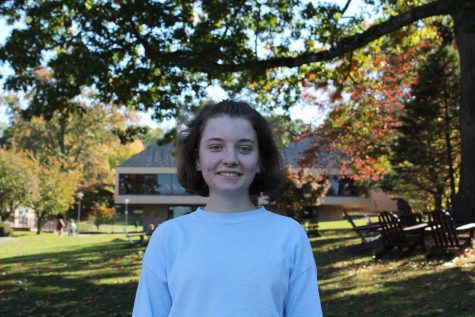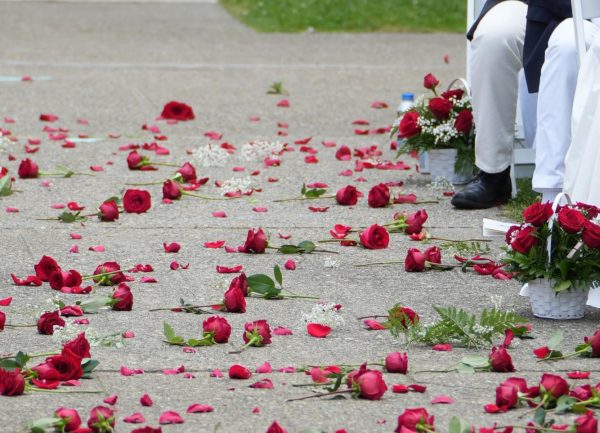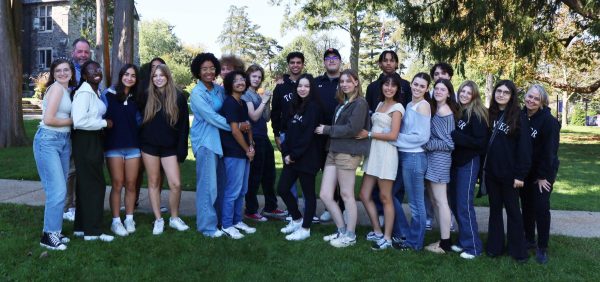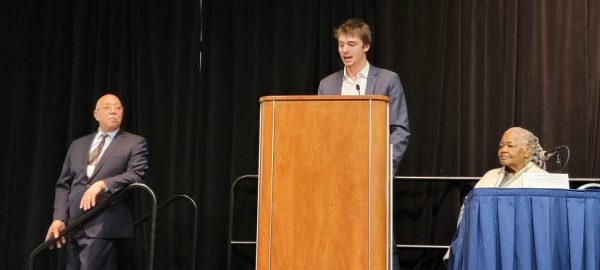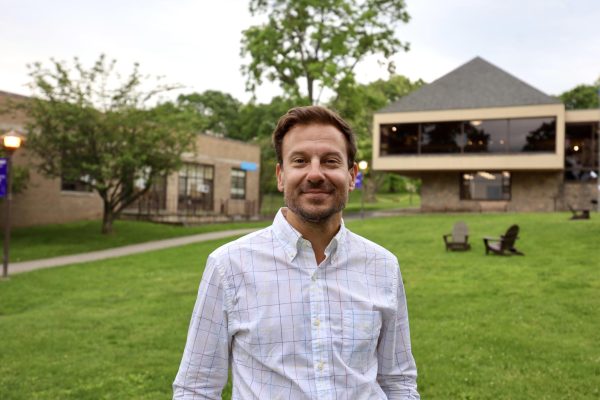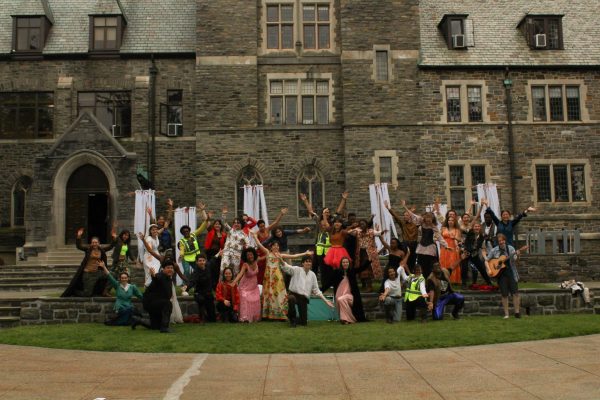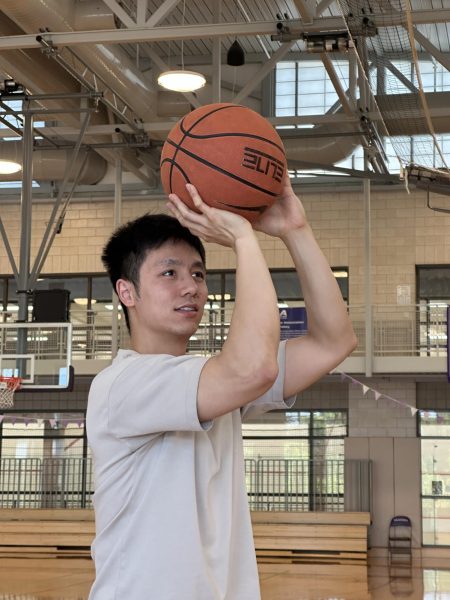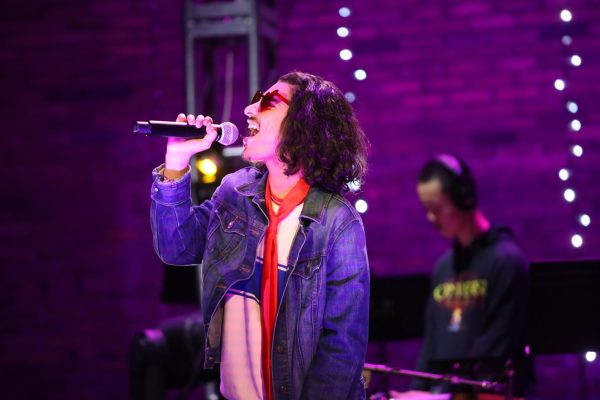Student exchange trips return to Masters
December 14, 2022
After a three year break due to COVID-19 pandemic, Dean of Global Studies Robert Fish announced the return of the overnight student exchange trips. In previous years, Masters students could go to China, Senegal, the Dominican Republic or Japan, and the students from those countries could visit Masters. This year the school renewed the trips to the Dominican Republic and Senegal and added a brand new program in Savannah, Georgia.
The trip to the Dominican Republic will take place during the spring break in partnership with Masters’ sister school, Colegio Secundaria Babeque. It will include a stay with local host families, a musical production and excursions to important historical sites. One of the main parts of the program will be a community service project with a marine protection non-profit organization. The faculty organizers collaborated with Colegio Secundaria Babeque to make sure that the Masters students could be actually helpful in the service they participate in.
“When we do community service overseas, we have some fundamentals in what we do,” Fish said. “The first thing is, we always are doing it with our hosts there. The second thing is our hosts tell us what they want us to do. And we’re very clear with our hosts what skills our students have, and what skills our students don’t have, so that they can tell us what to do that they think would be useful.”
It is really expanding the Harkness table so that we invite people in who have maybe very different experiences, and I think this is important, very different assumptions sometimes than people at The Masters School. — Dean of Global Studies Robert Fish
Another spring break program will take students to Savannah, Georgia to participate in The Nobis Project alongside the students of Savannah Country Day School. The goal of the project is to discuss the important issues in American society, particularly related to race, and learn more about the Gullah-Geechee culture, a unique culture formed by the enslaved people from the Western Africa and their descendants.
“I think that the things that defined the culture in New York over the last 200-250 years, are very different from the things that defined the culture of Savannah, Georgia,” trip co-organizer and Associate Head for Diversity, Equity and Inclusion Selas Douglas said. “And so the opportunity to have an exchange of ideas and the opportunity to hear from people that either grew up in that culture or live in that culture is a real opportunity to experience the life of someone that’s different from us.”
In the summer, Masters students will also have a chance to travel to Senegal and learn more about Senegalese culture and history with the host families from the partner school Cours St. Marie de Hann. Some of the highlights of the trip will include riding a camel, going to an island made entirely out of seashells, and seeing the African Renaissance Monument, the tallest statue in Africa.
“It’s seeing a different side of humanity,” Shell Benjamin, an Upper School Dance Teacher and a co-organizer of the trip, said. “It’s seeing people, and it’s just like breaking the paradigms of what we consider to be wealthy and what is rich. When you have someone who is rich in spirit, rich in integrity, rich in personality, rich in humanity, then having money means nothing.”
Before departure to any of the three trips, the students will attend from five to six orientation sessions about the host country’s culture, behavioral expectations, and trip logistics. To enrich their exchange experience, they will also find a question that they hope to explore during the program. The most prominent part of the orientation will be bonding activities designed to help students when living abroad.
“One of the important things is that as the group is there, there are times where they can sit down and talk to each other and listen to each other about how each of them are experiencing the country, what their ideas are, what their impressions are,” Fish said.
Besides Masters students traveling to other places, in April, Masters itself will welcome groups of Senegalese and Japanese students. Visiting students will live in homestays, explore the sights of the New York area, and give presentations to the Masters community about their home culture. The faculty plans to create a special class designed specifically for exchange students. They will also join Masters students in classes, sports, and clubs.
Anyone who truly wants to be a power for good needs to go on this trip. To see the possibilities of what humanity can be at its best.
— Upper School Dance Teacher Shell Benjamin
“It is really expanding the Harkness table so that we invite people in who have maybe very different experiences, and I think this is important, very different assumptions sometimes than people at the Masters School.” Fish said. “There’s a lot of things that students can learn by talking to people who live somewhere else and experiencing life somewhere else.”
In the future, the school hopes to expand the number of groups coming to Masters. Particularly, next year Masters might welcome students from the sister schools in the Dominican Republic and Savannah, which Masters students will visit this year.
All the trips are open to everyone regardless of their grade or language skills except the Senegal one that is closed for seniors. With over fifty applications submitted, the program is off to a good start.
“I think any student who wants to transform their idea of life, and be a global citizen of the world needs to go,” Benjamin said. “Anyone who truly wants to be a power for good needs to go on this trip. To see the possibilities of what humanity can be at its best.”



